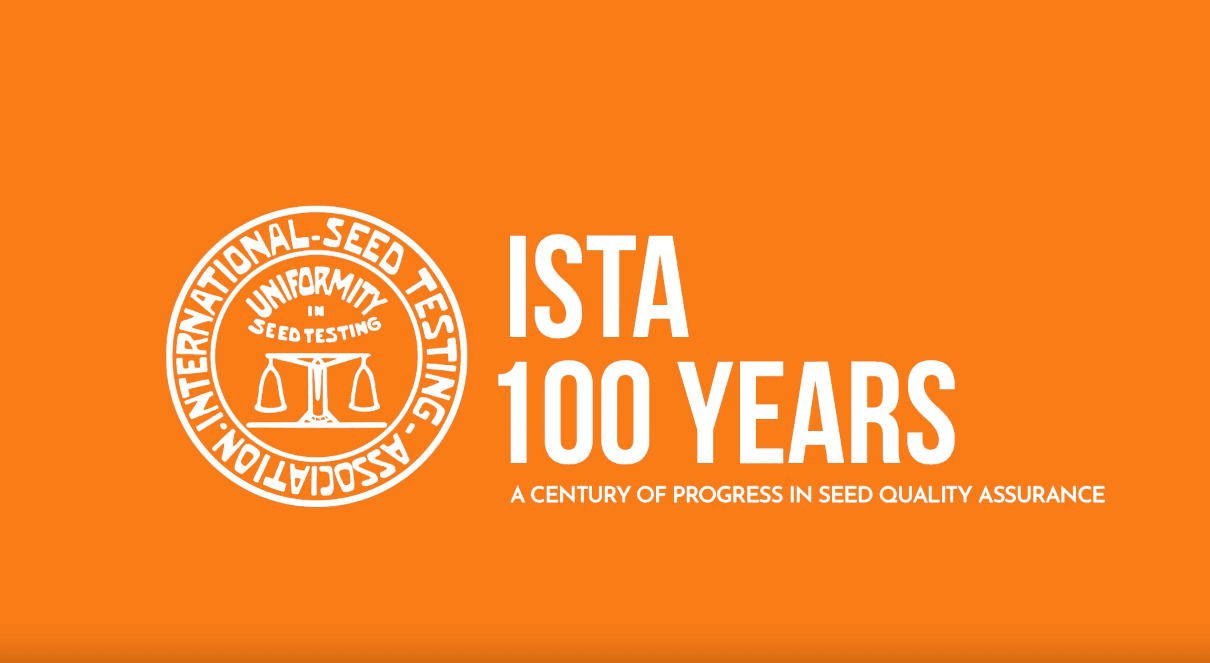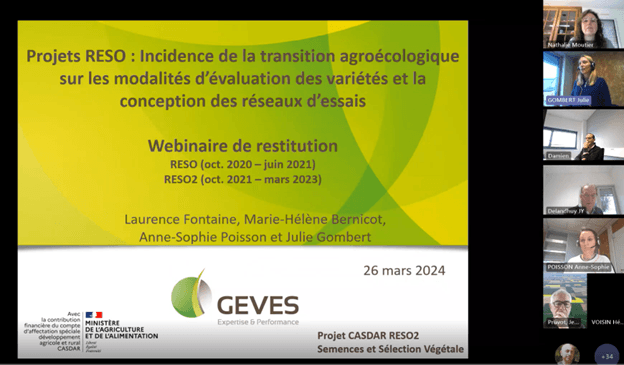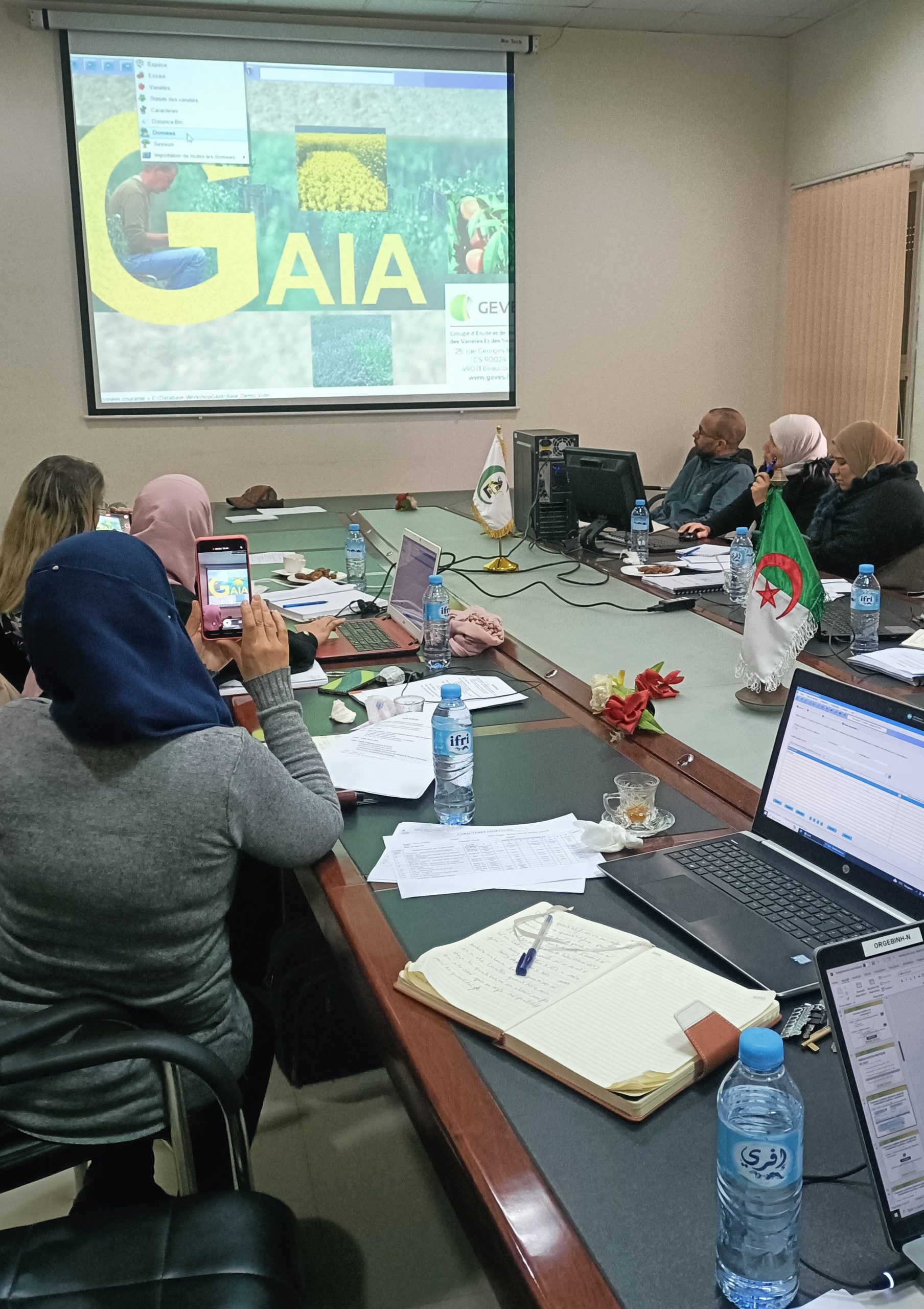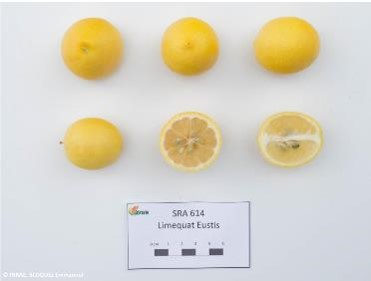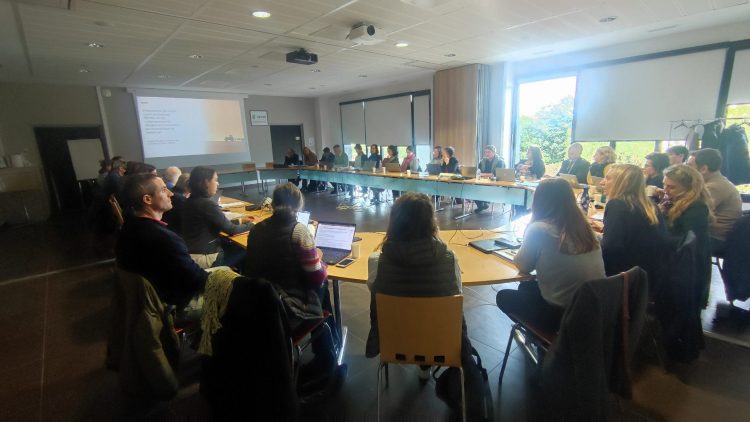
How can varieties be evaluated for registration in the context of climate change?
Climate change is a reality that affects the entire society, and agriculture in particular. Many levers can be mobilised, including plant genetics. The Scientific Committee (SC) of the CTPS has been asked to examine the evaluation of varieties in the context of climate change. As part of this process, the SC and the presidents and technical secretaries of the CTPS’s sections and inter-section commissions met on 20 March at GEVES in Beaucouzé for a day of discussions on how to take climate change into account when registering varieties in the Official Catalogue.
This meeting provided and opportunity to share the results of the work commissioned by SEMAE on the vulnerability of seed production to climate change, and to take stock of the progress made by the sections in terms of taking climate change into account in their work. An initial summary of the responses to the questionnaire prepared by the Scientific Committee was produced, focusing in particular on the difficulties caused by climate change disruption in the evaluation of varieties, and the complexities that need to be overcome in order to promote the consideration of adaptation to climate change in variety evaluation work for registration in the French Official Catalogue.
There was also a collective discussion on how to specify a target for varietal innovation in the face of climate change. The themes of mobilising the diversity of species and varieties to meet the climate challenge, and evaluating and sharing information on the resilience of varieties were also discussed.
Based on these very fruitful discussions, the SC and the CTPS sections will continue their reflections, with a view to adopting the most appropriate experimental strategy and better integrating the criteria for adapting varieties to climate change into the evaluations for registration. The CTPS SC’s referral report is expected in November 2024.

